What you need to know about your Media-Citizen Council
- 1. It's multi-sectoral, community-based, independent and media-citizens driven.
- 2. It is purposeful; borne out of a felt need and an aspiration.
- 3. It must have a clear sense of purpose, mission and vision in its SEC document and By-Laws.
- 4. More than an organization, it is a mechanism by and in itself for redress and resolving conflicts between and among media and those who complain about inaccuracies in (their) news reports via mediation through Appropriate Dispute Resolution (ADR).
- 5. It works on the framework of the Philippine Initiative under the Philippine Plan of Action for the Safety of Journalists and on the framework of independent media self/co-regulation, media accountability and safety, ethical and responsible journalism, good journalism as a public good, and strategic engagements with various sectors in the community, including the LGU, government agencies, and law enforcers.
- 6. A Media-Citizen Council is composed of various sectors (see separate matrix/graph and number 2 on Representation in the Council) as vetted and deemed crucial and helpful in the workings of the Council to be able to deliver its mandate and responsibilities.
- 7. The LGU, government agencies and law enforcement sector are not necessarily Council members but PARTNERS (refer to number 2 on Representation in the Council). But the Council has to seek and keep conversations with them so that the Council can be recognized as an intrinsic and significant platform and mechanism for "building better communities".
- 8. The other role of the stakeholders or REPRESENTATIONS in the Council is to keep media in-check so that it owns up to its mistakes when there are, and rectify their wrongdoings.
- 9. ALL MEDIA-CITIZEN COUJNCILS established by the PPI with support from its partners and collaborators will be supervised and guided by the PPI.
- 10. When all Councils (by the PPI) are treated as legal and juridical entities, (they) must be able to receive funding when they so decide and pursue outside of the PPI-IMS partnership, a trajectory in terms of sustainability, viability, and longevity.
- 11. A prospective Media-Citizen Council (meaning an area that aspires, desires and feels the need to have a Council) must understand the General Guidelines, Step-by-Step Procedures, and Core Values.
- 12. IMPERATIVES in a Council: Purpose and Objectives, Complaints Procedure, Membership/Board Structure, and Activities/Way Forward.
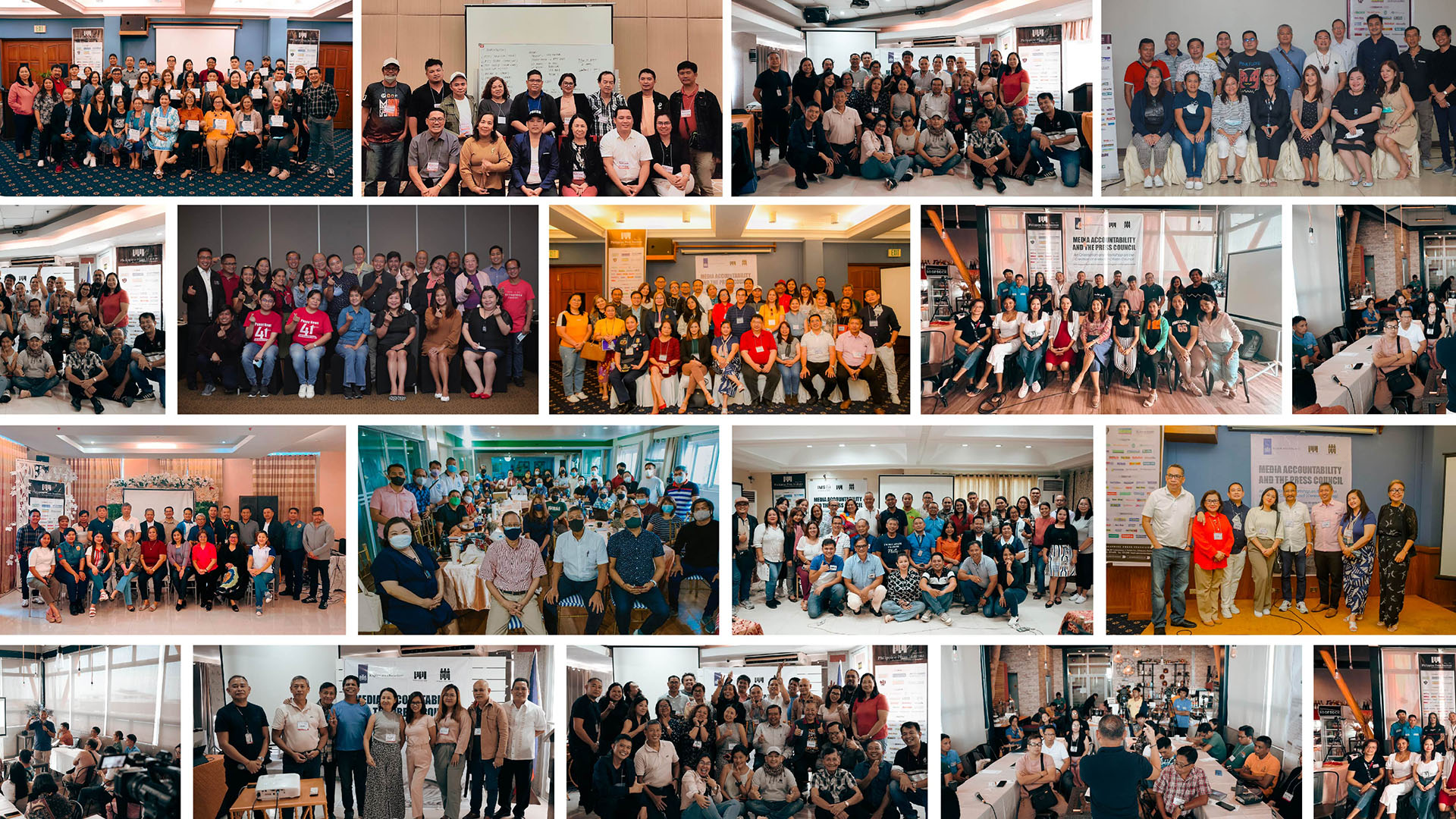
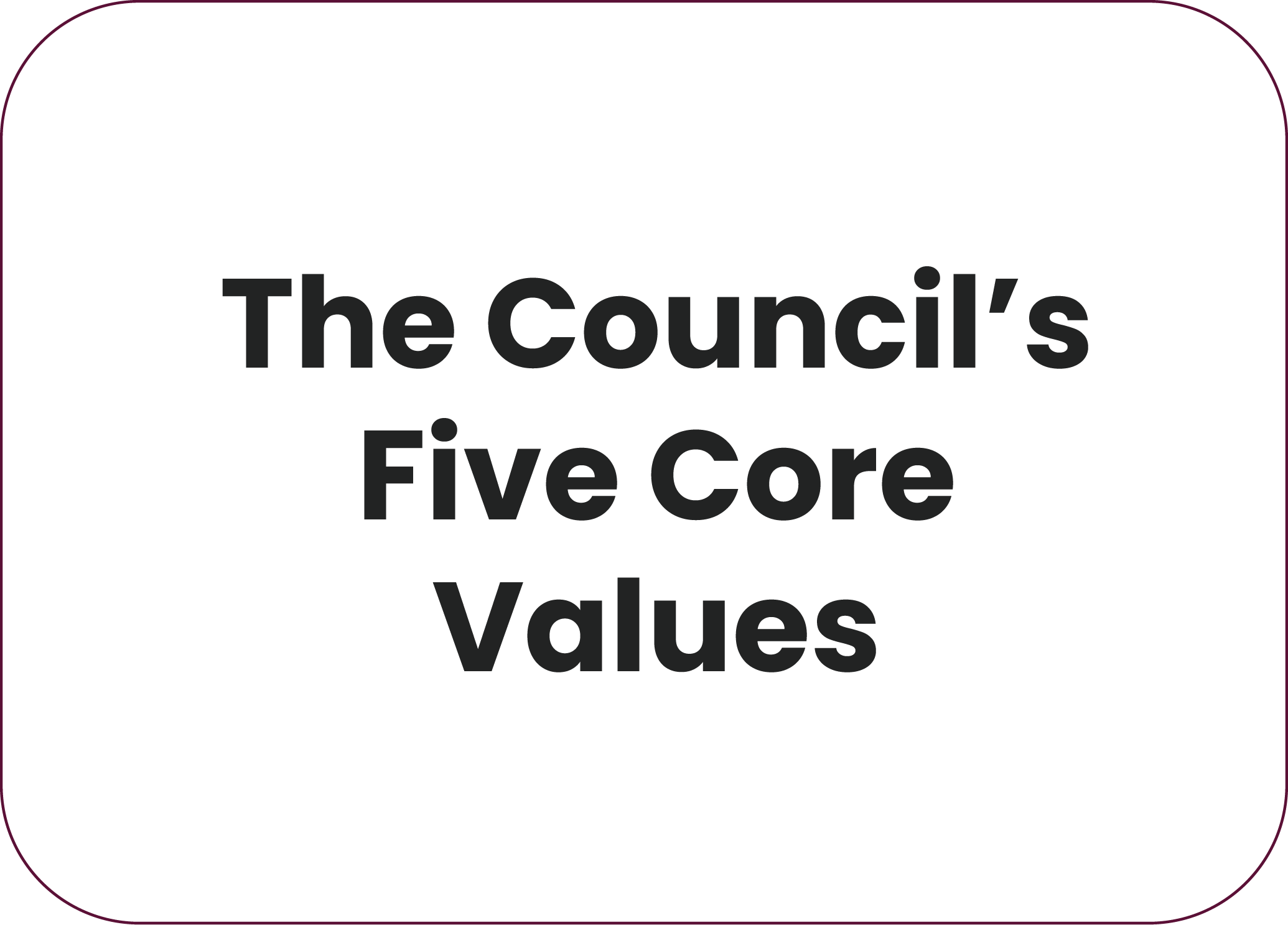
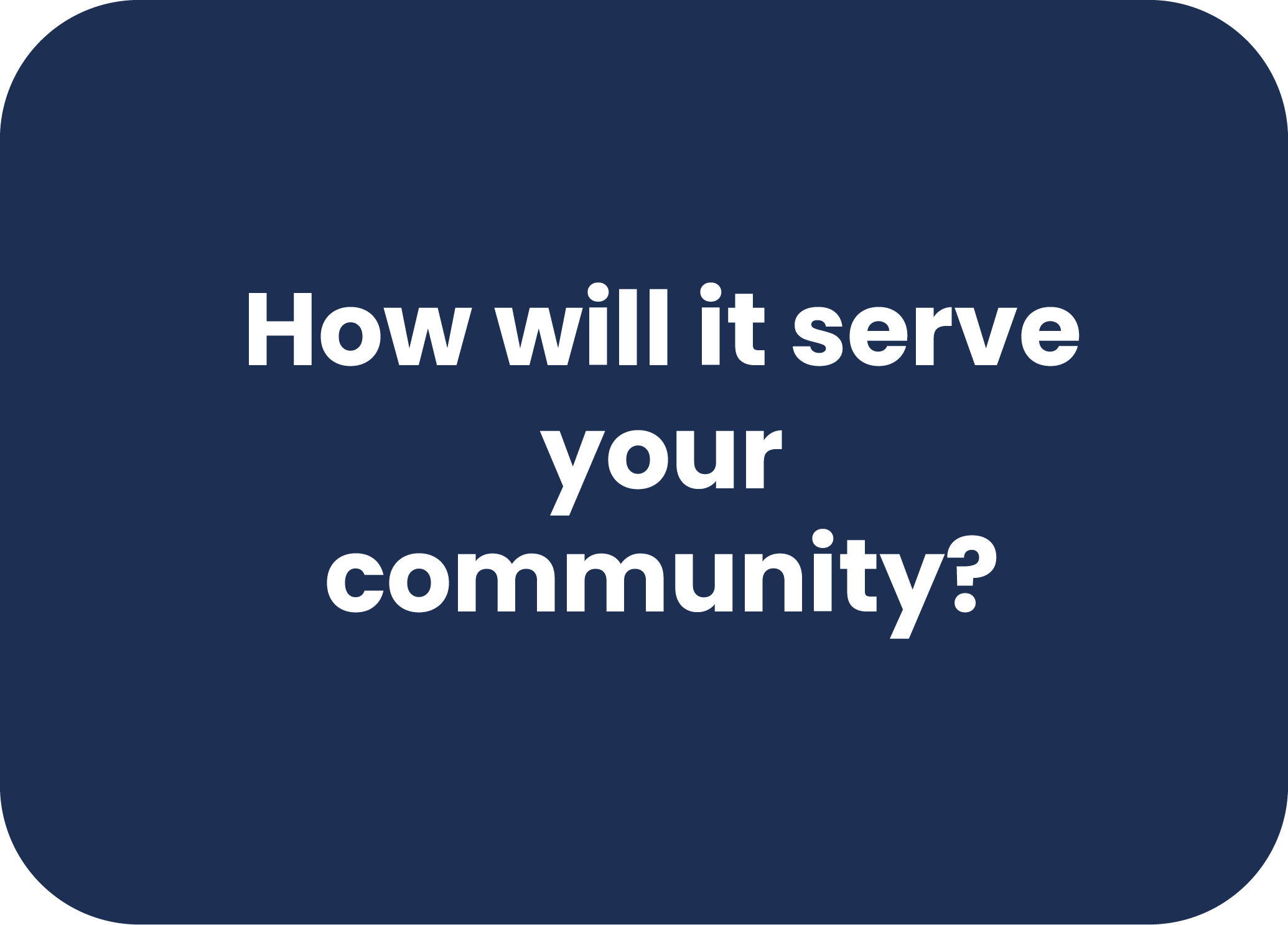
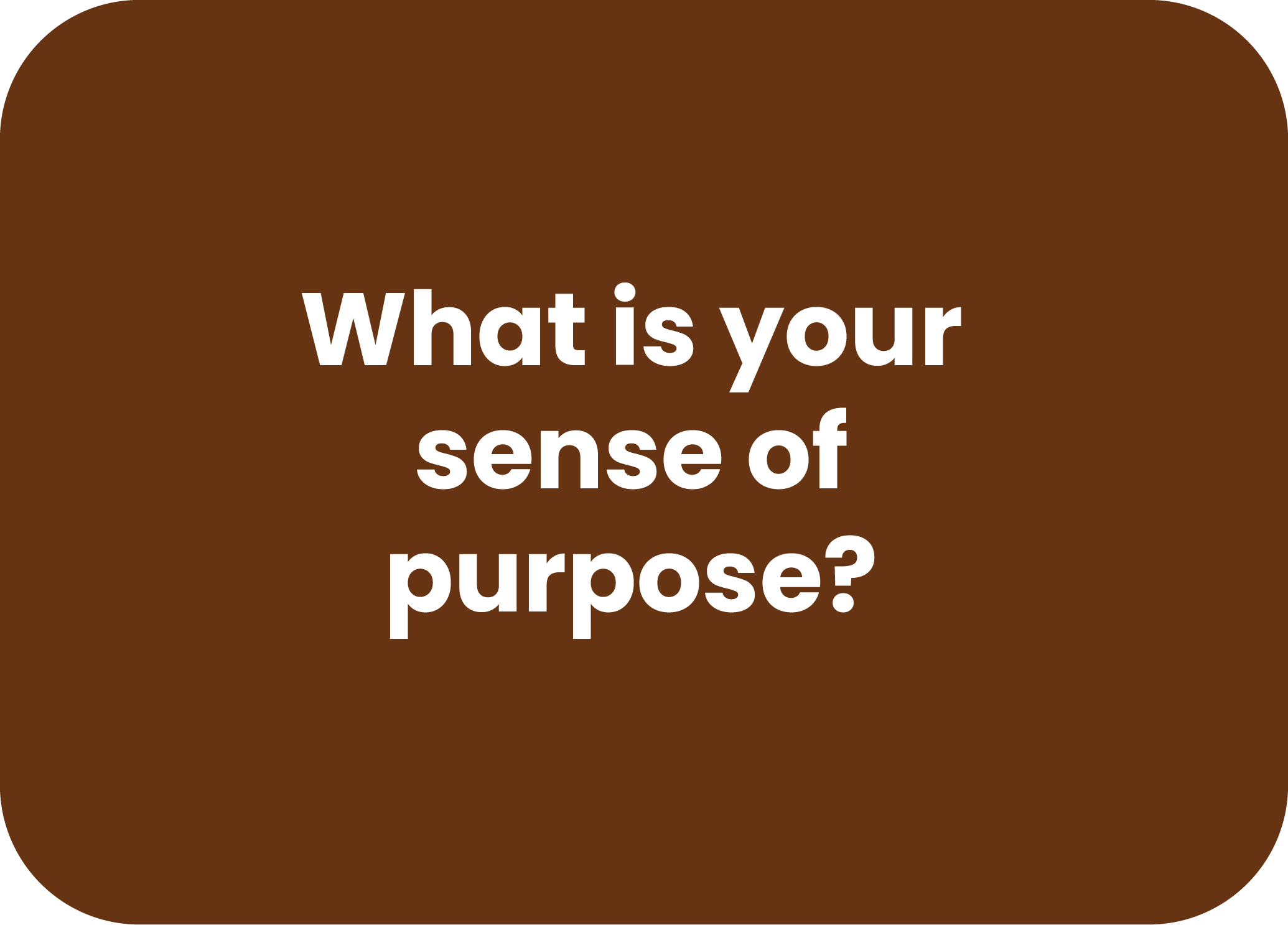
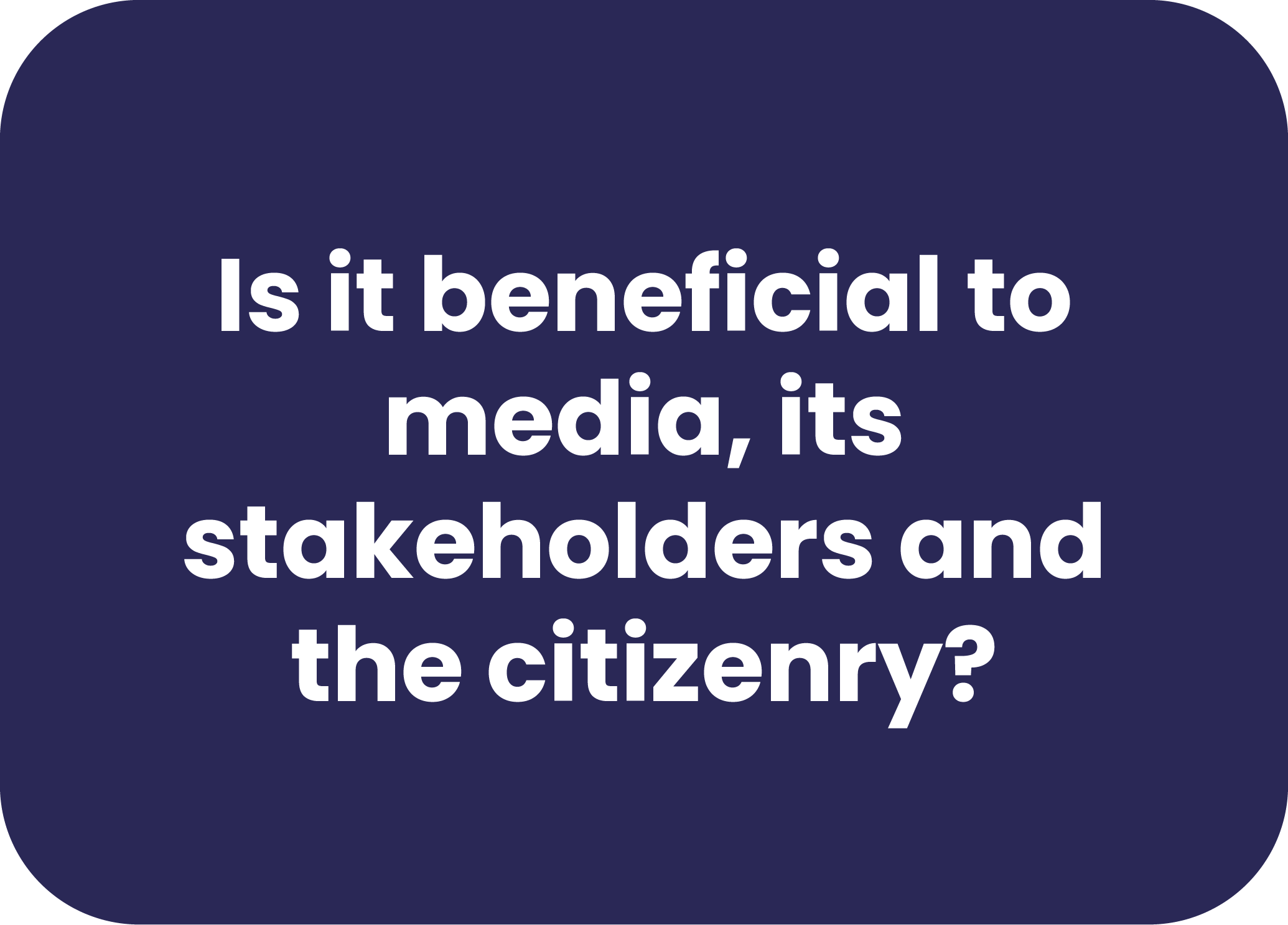
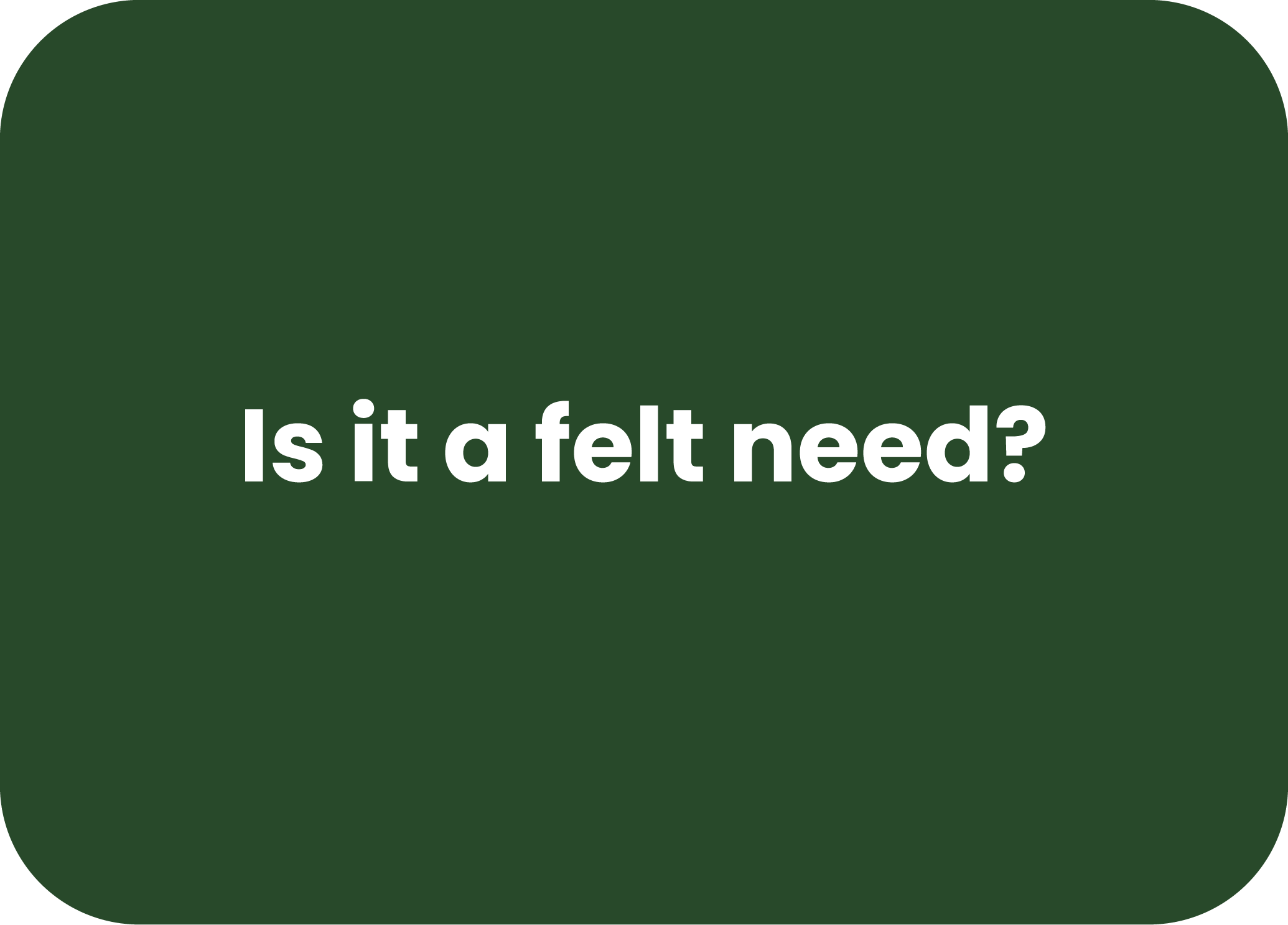
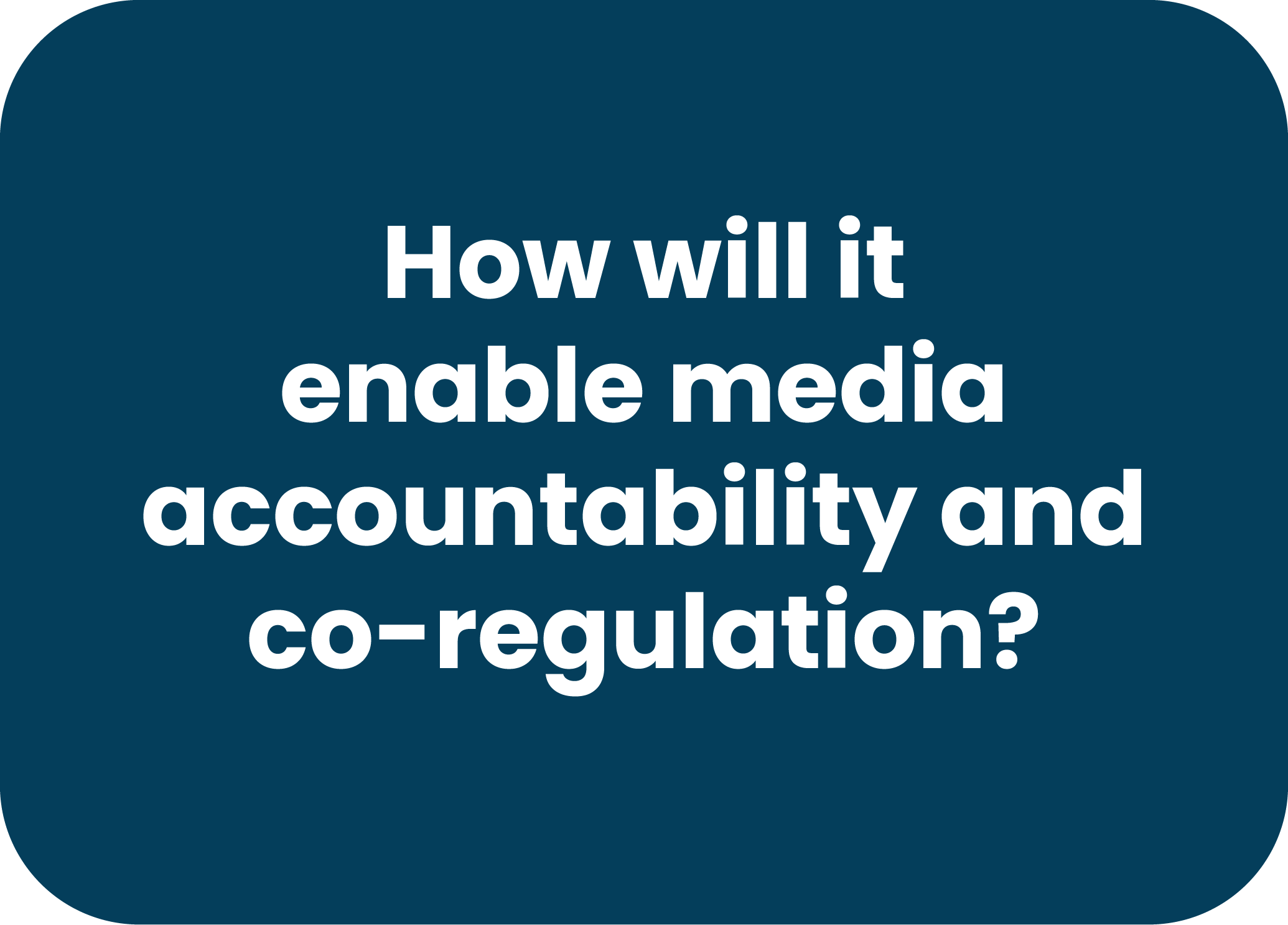
General Rule on Representation in the Council
But let us cite a specific SECTORAL REPRESENTATION, the NGO or SOCIO-CIVIC ORGANIZATION: There will be as many NGOs or Advocacy Groups as there are many Media Houses/Outfits that want to be in the Council (or as the Council deems important to invite or be part of it). They should not be lumped all together as ONE REPRESENTATION. Each NGO or a media house can have single REPRESENTATION in the Council.
For purposes of categorical REPRESENTATIONS, we divide them into sectors:
MEDIA (Print, TV, Radio, Online, Formalized V/Bloggers Group/s)
ACADEME (Universities, Colleges, Educators Group/s)
BUSINESS (Chambers, Industry Associations)
LEGAL (IBP, NUPL)
NGOs/ADVOCACY GROUPS/SOCIO-CIVIC (Women's group/s, youth, LGBTQ+, Cooperatives, Power, Agriculture)
MEDIA ORGANIZATIONS (press clubs, KBP, PAPI, NUJP, Reporters Beats)
CHURCH (Any Denomination)
PROFESSIONAL (Medical Group, Engineers Group, Any Group Outside Legal and Academic)
PARTNERS FROM THE GOVERNMENT (LGU, Law Enforcement Agencies, LGAs, NGAs, Government Media)
For simple delineations, all of them (EXCEPT THOSE WHICH ARE CALLED PARTNERS) naturally fall in any of these two GENERAL CATEGORIES: Media or Non-Media (Public).
The individual is "secondary" to the REPRESENTATION, putting emphasis again that the "member" is the SECTOR, INDUSTRY, GROUP, ASSOCIATION or MEDIA HOUSE, and not the individual per se.
A. An invitation by/from the Council
B. An expression of interest from a sector, an industry, a group, an association, or a media house (Refer to number 2 on Categorical Representations)
C. Or both, subject to the internal rule/ procedures/policies of the Council on inviting and/or accepting a sector, an industry, a group, or a media house to be part of it (Refer to number 2 on Categorical Representations)
Council
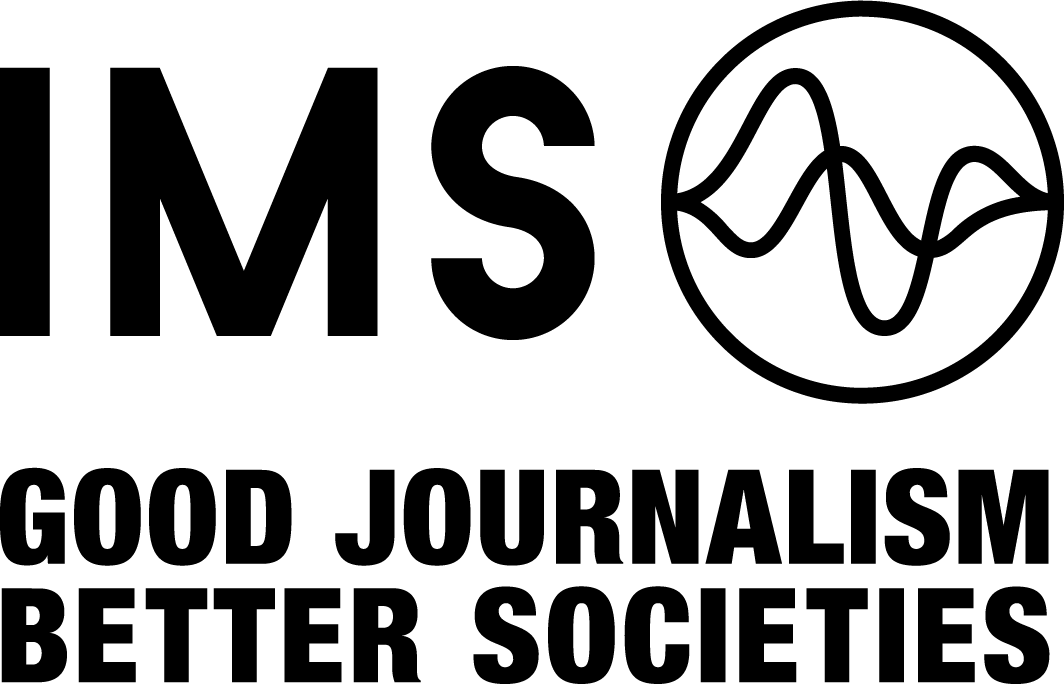
International Media Support
International Media Support (IMS) is a non-profit organisation working to strengthen the capacity of media to reduce conflict, strengthen democracy and facilitate dialogue.
IMS (International Media Support) pushes for quality journalism, challenges repressive laws and keeps media workers of all genders safe, so that they can do their jobs. Through alliances and innovation, we help free, independent media contribute to positive change and better societies.